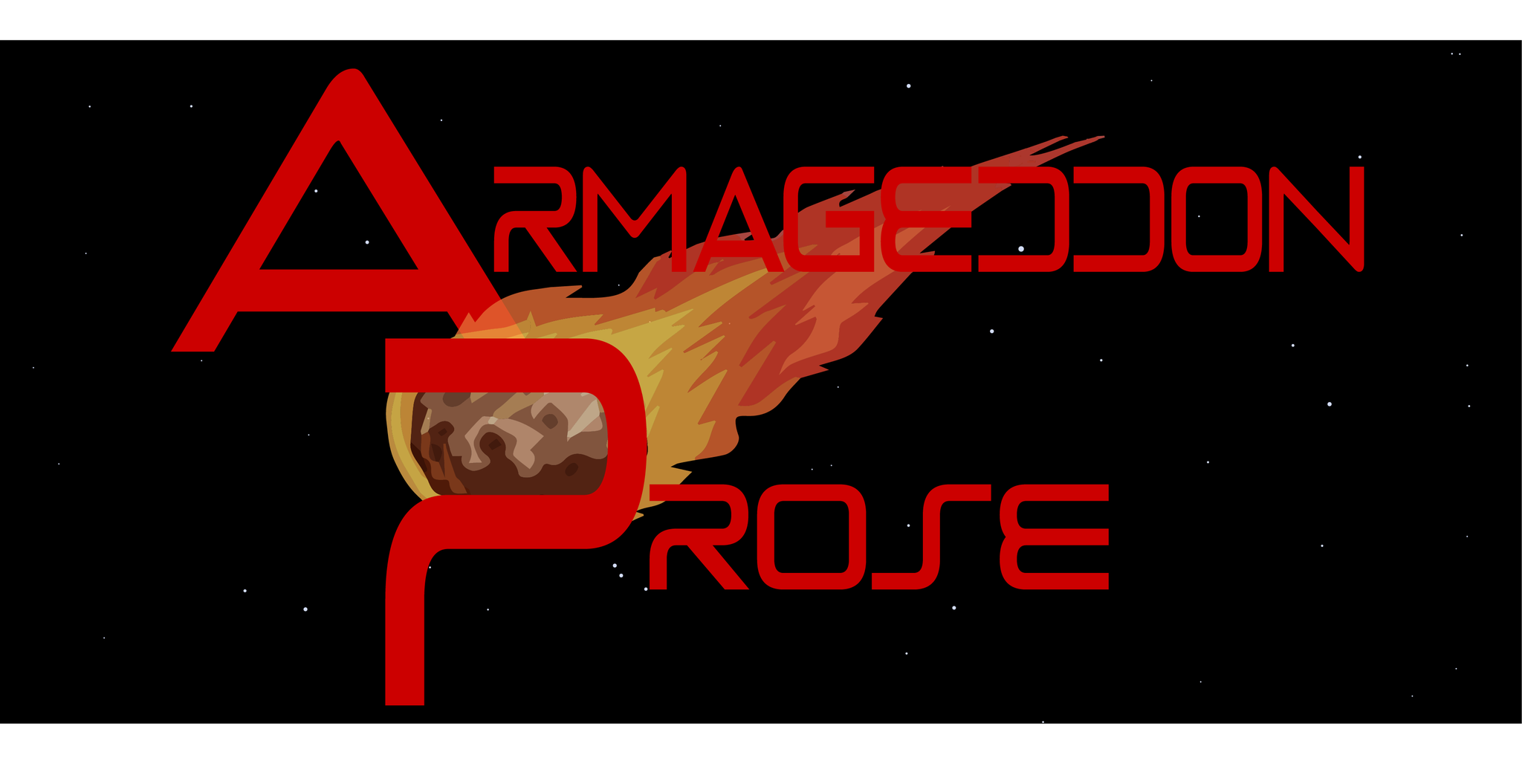Originally published via Armageddon Prose Substack:
“Fascism should more appropriately be called Corporatism because it is a merger of state and corporate power.”
― Benito Mussolini
As I reported previously at Armageddon Prose, RFK Jr. recently went to legal war with YouTube/Google over its efforts to silence his candidacy and the dissident movement he represents.
It’s going just about as well as anyone who understands the interests that the federal courts actually serve would expect it to.
Via The Hill:
“A federal judge on Wednesday rejected a request from Democratic presidential candidate Robert F. Kennedy Jr. to temporarily bar Google from removing videos of him from YouTube based on its medical misinformation policies.
U.S. District Judge Trina Thompson found that Kennedy’s case against Google and its subsidiary YouTube is unlikely to succeed because the companies are not state actors and, as a result, can’t be held responsible for abridging his speech.”
“But muh free market!”
“Three cheers for corporate state censorship by proxy!” erupts the cheers from the CATO Institute faction.
“Freedom means the government gets to censor dissidents using allegedly private corporations that it’s inexorably intertwined with!” chimes in the Ayn Rand faction.
Related: Corporate Libertarianism vs Libertarian Libertarianism
The theoretical separation of multinational corporations and government is no longer a viable fiction for rational adults living in the modern world to maintain. It was always childlike fantasy, but now the reality is right there in high definition for anyone willing to see. There is no meaningful distinction between the US Department of Justice and Google. They are one and the same.
A rose by any other name…
Corporate libertarianism is fascism.
Libertarian libertarianism – meaning the people throwing technocratic goons off of our backs to create a world free of coercive state or non-state forces altogether – is libertarianism.
For the naïve or uninitiated, here’s just one aspect of how the filthy game works:
Because their mutual interests are obvious, more often than not there doesn’t need to be any frank instruction from the government about what to censor on its behalf. It’s understood what serves the agenda and what does not, and so what speech to censor and what to allow are clear decisions.
But in cases where explicit censorship requests are necessary, Google executives and the US DOJ sit down, either formally or through back channels. The US DOJ makes it clear that Google is going to censor materials the government finds objectionable or else there will be consequences. The main ace up the sleeve in this regard is Section 230 of the Communications Act, which provides legal immunity for speech expressed on YouTube or similar platforms. So, for example, if an individual is defamed on YouTube, it’s the content creator and not YouTube who is potentially liable. Were Section 230 revoked, YouTube’s legal bills would mount. This is called the “stick.”
The “carrot” is more obvious: lucrative government contracts for entities such as Google that play ball.
There are many more carrots and sticks, perhaps a story for another day.
Ben Bartee, author of Broken English Teacher: Notes From Exile, is an independent Bangkok-based American journalist with opposable thumbs.
Follow his stuff Substack if you are inclined to support independent journalism free of corporate slant. Also, keep tabs via Twitter.
For hip Armageddon Prose t-shirts, hats, etc., peruse the merch store.
Insta-tip jar and Bitcoin public address: bc1qvq4hgnx3eu09e0m2kk5uanxnm8ljfmpefwhawv










